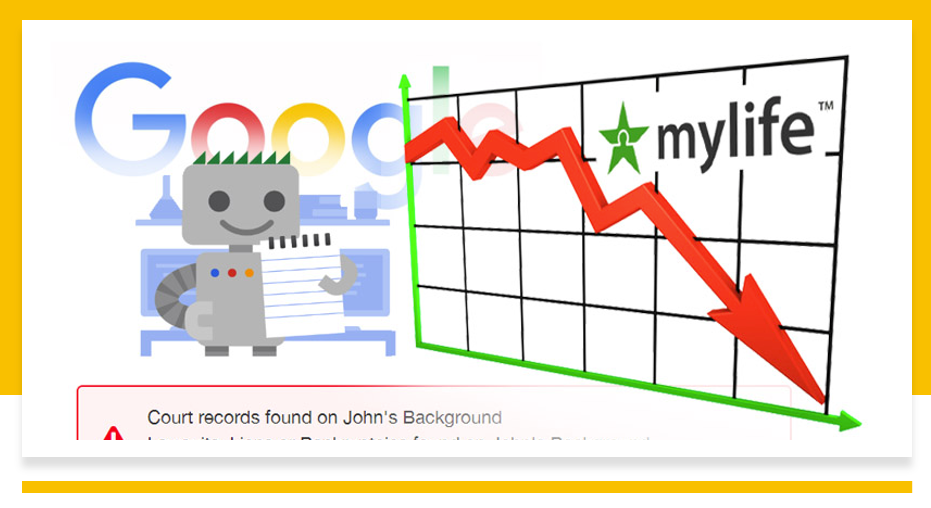'White Pages' Websites Losing Search Visibility
As privacy concerns have grown, personal data websites, often built on exploitation and deception, have seen their Google rankings fall dramatically.

- Google has downgraded numerous information-broker websites that used to rank for individual name searches.
- Many of these sites were deceptive, predatory or otherwise exploitative, as well as being highly templated.
- Google is acting in response to increasing public concern over privacy but also seeking to to avoid legislation or regulation.

